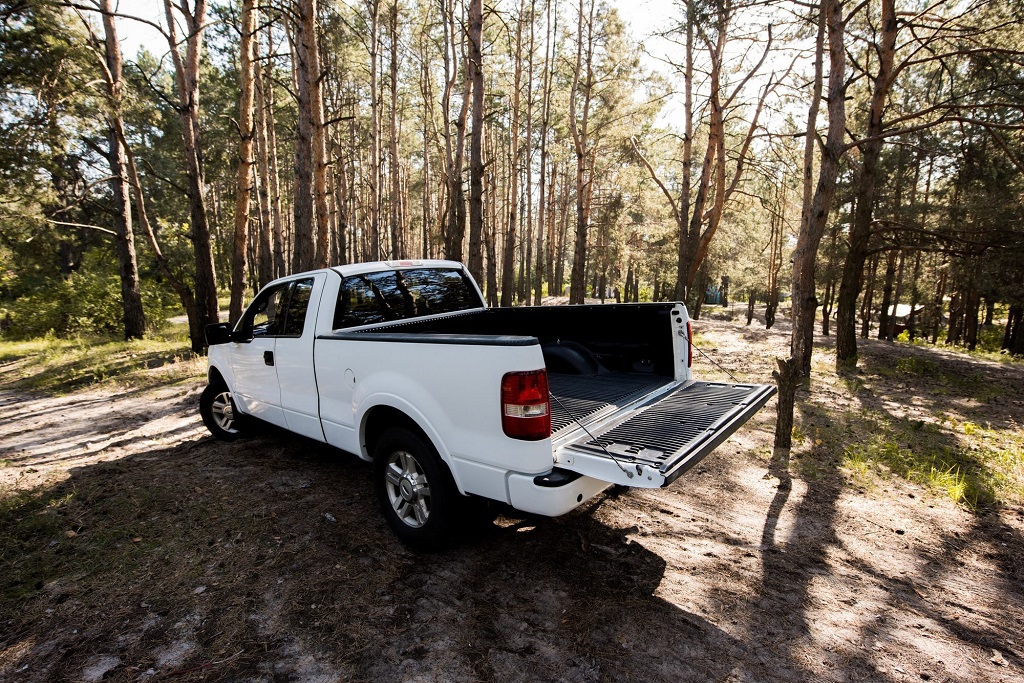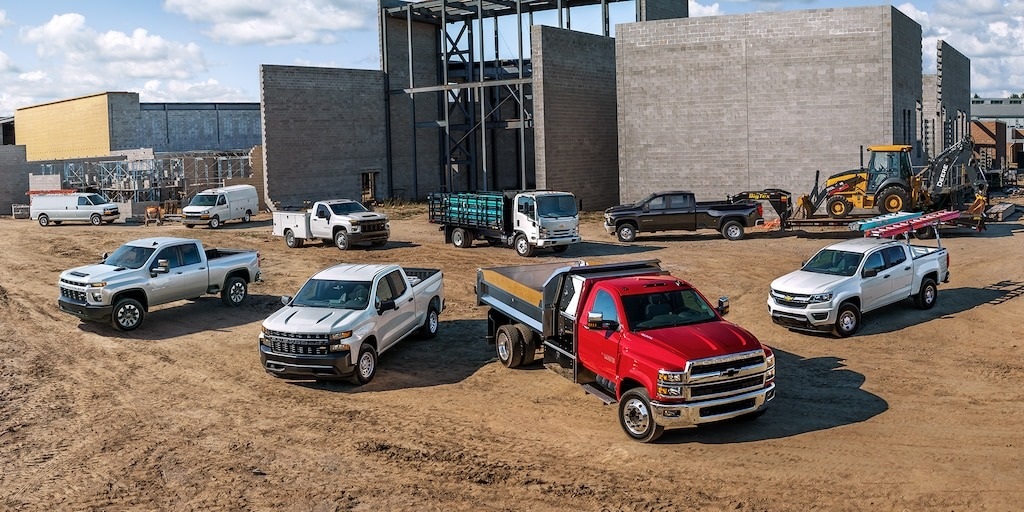The classification of pickup trucks has become a hotly debated topic among commercial vehicles owners, fleet managers, and regulatory agencies. Many people wonder whether their trusty pickup falls under commercial vehicle regulations. The answer isn’t as straightforward as you might think. According to industry experts at Tradeizze, understanding these classifications can save you money and help you comply with local regulations.
Understanding Vehicle Classifications
Not all pickup trucks are automatically considered commercial vehicles. The classification depends on several key factors that vary by state and federal regulations. Weight, usage, and registration type all play crucial roles in determining whether your pickup truck falls under commercial vehicle rules.
However, the confusion often arises because pickup trucks can serve dual purposes. Therefore, understanding when are all pickup trucks considered commercial becomes essential for proper registration and compliance. Many states have specific guidelines that determine this classification.
Key Factors That Determine Commercial Status

Gross Vehicle Weight Rating (GVWR)
The most important factor is the truck’s Gross Vehicle Weight Rating. Generally, vehicles with a GVWR of 10,001 pounds or more are classified as commercial vehicles. This applies regardless of how you use the truck. Additionally, some states set the threshold even lower, at 8,000 or 9,000 pounds.
Primary Use Purpose
How you use your pickup truck matters significantly. If you use it primarily for business purposes, it may be classified as commercial. This includes delivery services, construction work, or any activity that generates income. However, personal use trucks typically maintain their non-commercial status.
Registration Type
The way you register your vehicle also influences its classification. Business owners often register their trucks commercially to take advantage of tax benefits. Nevertheless, this registration comes with additional requirements and restrictions.
Federal vs. State Classifications
Federal Department of Transportation (DOT) Rules
At the federal level, the DOT has specific guidelines for commercial motor vehicles. These rules primarily focus on interstate commerce and vehicles crossing state lines. Furthermore, federal regulations often serve as the baseline for state laws.
State-Specific Variations
Each state can implement stricter rules than federal requirements. For example, California has unique regulations that differ from Texas or Florida. Moreover, some states require commercial registration for pickup trucks used in specific industries.
Common Pickup Truck Categories
Light-Duty Pickup Trucks
Most consumer pickup trucks fall into this category. These vehicles typically have a GVWR under 8,500 pounds. They’re designed for personal use and light hauling tasks. Consequently, they rarely require commercial registration for typical consumers.
Medium-Duty Pickup Trucks
These trucks have higher weight ratings and more robust capabilities. Many construction companies and small businesses prefer this category. Therefore, they’re more likely to be classified as commercial vehicles.
Heavy-Duty Pickup Trucks
The largest pickup trucks often exceed commercial weight thresholds automatically. These vehicles are designed for serious work applications. Additionally, they frequently require commercial driver’s licenses for operation.
Benefits and Drawbacks of Commercial Classification
Tax Advantages
Commercial vehicle owners can often deduct vehicle expenses from their taxes. This includes fuel, maintenance, and depreciation costs. However, proper documentation is essential for these benefits.
Insurance Considerations
Commercial vehicle insurance typically costs more than personal auto insurance. The coverage requirements are often more extensive. Nevertheless, the protection level is usually superior for business applications.
Regulatory Compliance
Commercial vehicles must meet stricter safety and maintenance standards. Regular inspections may be required. Furthermore, drivers might need special licenses or certifications.
Industry-Specific Requirements
Construction and Trade Industries
Many construction companies register their pickup trucks commercially by default. This ensures compliance with job site requirements and union regulations. Additionally, it simplifies fleet management for larger operations.
Delivery and Service Businesses
Companies using pickup trucks for deliveries or service calls typically require commercial registration. This protects both the business and customers in case of accidents. Moreover, it often satisfies insurance requirements.
Agricultural Applications
Farm trucks often have special exemptions from commercial vehicle rules. However, if the truck leaves the farm regularly for business purposes, commercial classification may apply. Therefore, farmers should check local regulations carefully.
Making the Right Choice for Your Situation
Assess Your Primary Use
Consider how you’ll primarily use your pickup truck. Personal use rarely requires commercial classification unless the vehicle exceeds weight limits. However, any business use should prompt a review of commercial registration benefits.
Consult Local Authorities
Contact your state’s Department of Motor Vehicles for specific guidance. They can explain local requirements and help you choose the appropriate classification. Additionally, they can clarify any industry-specific rules that might apply.
Consider Professional Advice
Fleet managers and business accountants can provide valuable insights. They understand the tax implications and regulatory requirements. Furthermore, they can help you make the most cost-effective decision.
Future Trends in Vehicle Classification
The rise of electric pickup trucks is creating new classification questions. These vehicles often have different weight distributions and capabilities. Additionally, evolving regulations may change how pickup trucks are classified in the coming years.
Read More Also: The History of Taylor Swift’s Childhood Home
Conclusion
The question of whether all pickup trucks are considered commercial vehicles doesn’t have a simple yes or no answer. Classification depends on factors including weight, intended use, and registration choices. While most consumer pickup trucks aren’t automatically commercial vehicles, business use or high weight ratings can change this status. Understanding these distinctions helps you make informed decisions about registration, insurance, and compliance. Always consult local authorities and consider professional advice when choosing the right classification for your specific situation.
Read More Also: Silence Text Notifications on iPhone for One Person Without Blocking
Frequently Asked Questions
-
What weight limit determines if a pickup truck is commercial?
Most states consider vehicles with a GVWR of 10,001 pounds or more as commercial vehicles. However, some states set the threshold lower, at 8,000 or 9,000 pounds. Check your local DMV for specific requirements in your area.
-
Can I register my personal pickup truck as a commercial vehicle?
Yes, you can typically register a personal pickup truck commercially if you use it for business purposes. This may provide tax benefits but also comes with additional requirements and higher insurance costs.
-
Do I need a CDL to drive a pickup truck?
Most standard pickup trucks don’t require a Commercial Driver’s License. However, if your truck exceeds 26,000 pounds GVWR or you’re hauling certain materials, a CDL may be necessary.
-
Are there tax advantages to commercial registration?
Commercial vehicle owners can often deduct vehicle expenses including fuel, maintenance, and depreciation. However, you must use the vehicle primarily for business purposes and maintain proper documentation.
-
What happens if I misclassify my pickup truck?
Misclassifying your vehicle can result in fines, insurance claim denials, and legal complications. It’s important to understand your state’s requirements and register your vehicle correctly based on its primary use and specifications.



